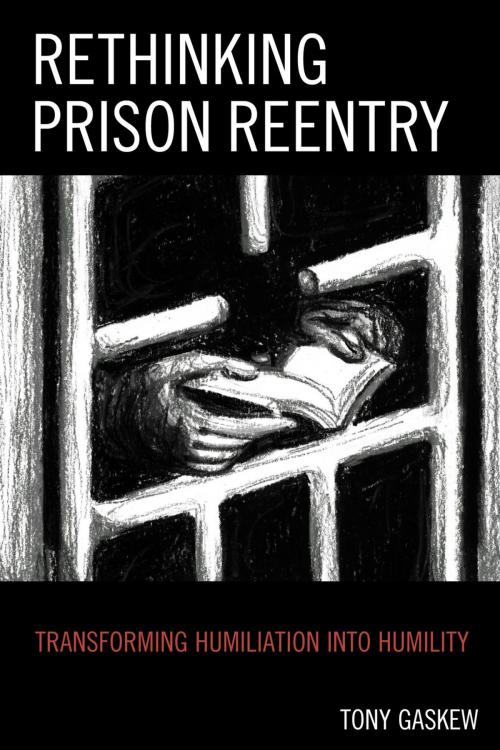Rethinking Prison Reentry
Transforming Humiliation into Humility
Nonfiction, Reference & Language, Education & Teaching, Educational Theory, Educational Psychology, Higher Education, Social & Cultural Studies, Social Science, Crimes & Criminals, Criminology| Author: | Tony Gaskew | ISBN: | 9780739183137 |
| Publisher: | Lexington Books | Publication: | August 26, 2014 |
| Imprint: | Lexington Books | Language: | English |
| Author: | Tony Gaskew |
| ISBN: | 9780739183137 |
| Publisher: | Lexington Books |
| Publication: | August 26, 2014 |
| Imprint: | Lexington Books |
| Language: | English |
Rethinking Prison Reentry: Transforming Humiliation into Humility describes a prison-based education pedagogy designed to address a prevalent racial politics of shaming, self-segregation, and transgenerational learned helplessness. So many incarcerated black men face insurmountable psychosocial obstacles when attempting to make the successful transition back into ownership of their lives. Tony Gaskew confronts the issue of redemption and reconciliation head-on by critically examining the “triads of culpability” when it comes to crime and justice in America: (1) of those who commit crimes; (2) of those who enforce criminal laws; and (3) of those who stand by and do nothing.
He explores the growth of a black counterculture of crime that has created modern-day killing fields across urban neighborhoods and challenges the incarcerated black men trapped within its socially constructed lies, helping them to draw upon the strength of their cultural privilege to transform from criminal offender into incarcerated student.
Rethinking Prison Reentry: Transforming Humiliation into Humility describes a prison-based education pedagogy designed to address a prevalent racial politics of shaming, self-segregation, and transgenerational learned helplessness. So many incarcerated black men face insurmountable psychosocial obstacles when attempting to make the successful transition back into ownership of their lives. Tony Gaskew confronts the issue of redemption and reconciliation head-on by critically examining the “triads of culpability” when it comes to crime and justice in America: (1) of those who commit crimes; (2) of those who enforce criminal laws; and (3) of those who stand by and do nothing.
He explores the growth of a black counterculture of crime that has created modern-day killing fields across urban neighborhoods and challenges the incarcerated black men trapped within its socially constructed lies, helping them to draw upon the strength of their cultural privilege to transform from criminal offender into incarcerated student.















